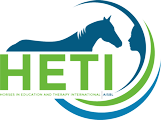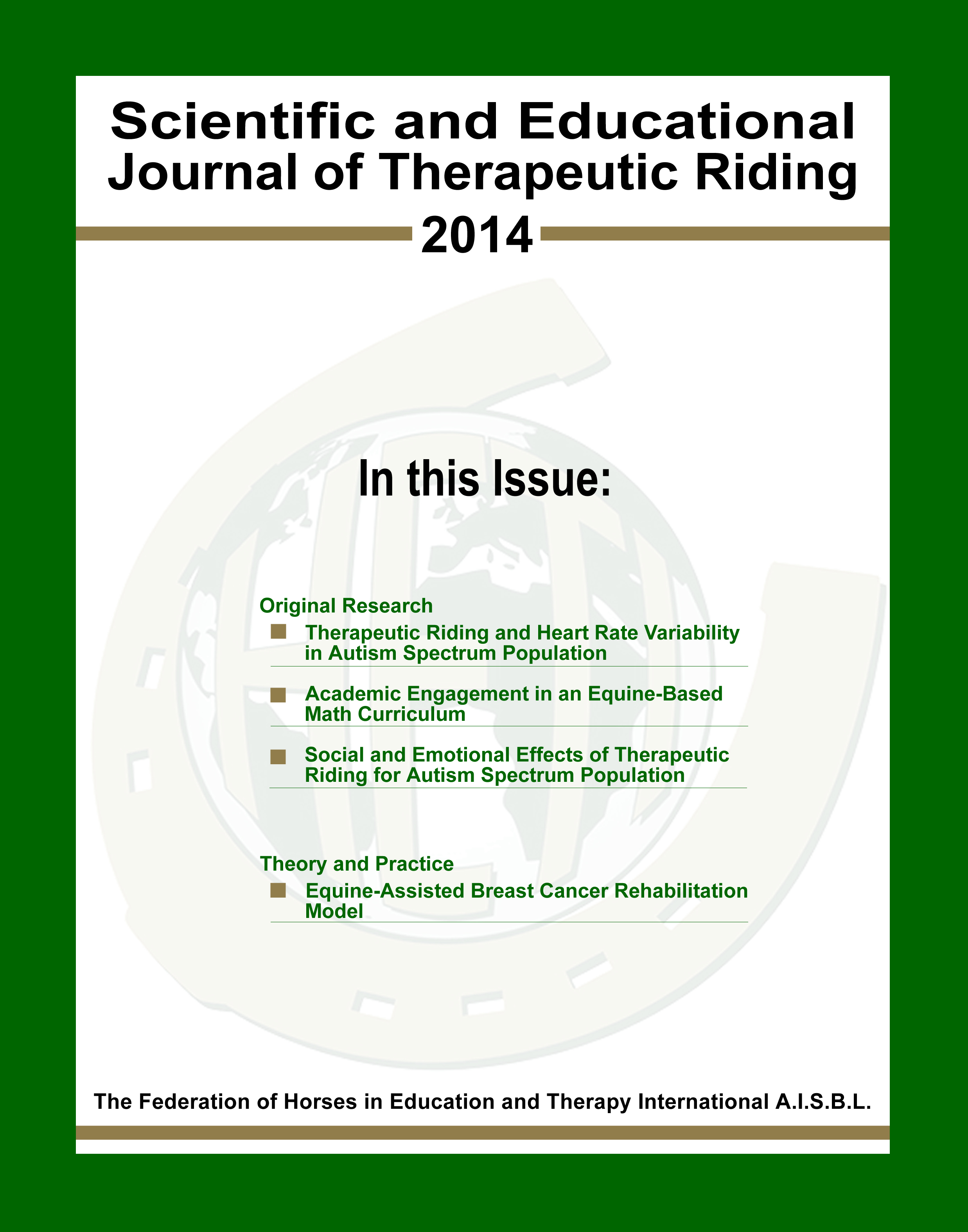The Social and Emotional Benefits of Therapeutic Riding for Children with Autism
€10.00
| Author | Cherié E. Page |
|---|---|
| Year | 2014 |
This quantitative exploratory study examined how therapeutic riding affects the emotional and social behaviors and symptoms of children aged 5 to 12, diagnosed with autism spectrum disorder (ASD). Parents of participants in the intervention group (n = 8) and comparison group (n = 5) completed pre- and post-intervention questionnaires. Participants in the intervention group received 15 weeks of continuous therapeutic riding, which consisted of one 30-minute session per week. Comparison group participants received a multidisciplinary educational approach. The guiding research question was: Does therapeutic riding have a beneficial effect on the social and emotional lives of children with a diagnosis of autism spectrum disorder, as assessed by the Social Communication Questionnaire (SCQ), the Child Behavior Checklist (CBCL), the Social Responsiveness Scale (SRS), and the Sensory Profile (SP)? Results revealed statistically significant positive changes pretest-posttest for the intervention group in social and emotional functioning in the forms of increased social communication, social interactions, reciprocal social skills, communication skills, and multisensory integration in social situations; and a decrease in autistic mannerisms, restricted and repetitive behaviors. Results for the comparison group also showed a significant increase in social and emotional coping strategies and a decrease in sensory-seeking behaviors to self-stimulate. The preliminary results from this study support evidence in the field that therapeutic riding can be an efficacious treatment for children with autism spectrum disorder. Due to the exploratory nature of this study, further studies are needed to evaluate the specific therapeutic effects of therapeutic riding has for children with autism.

